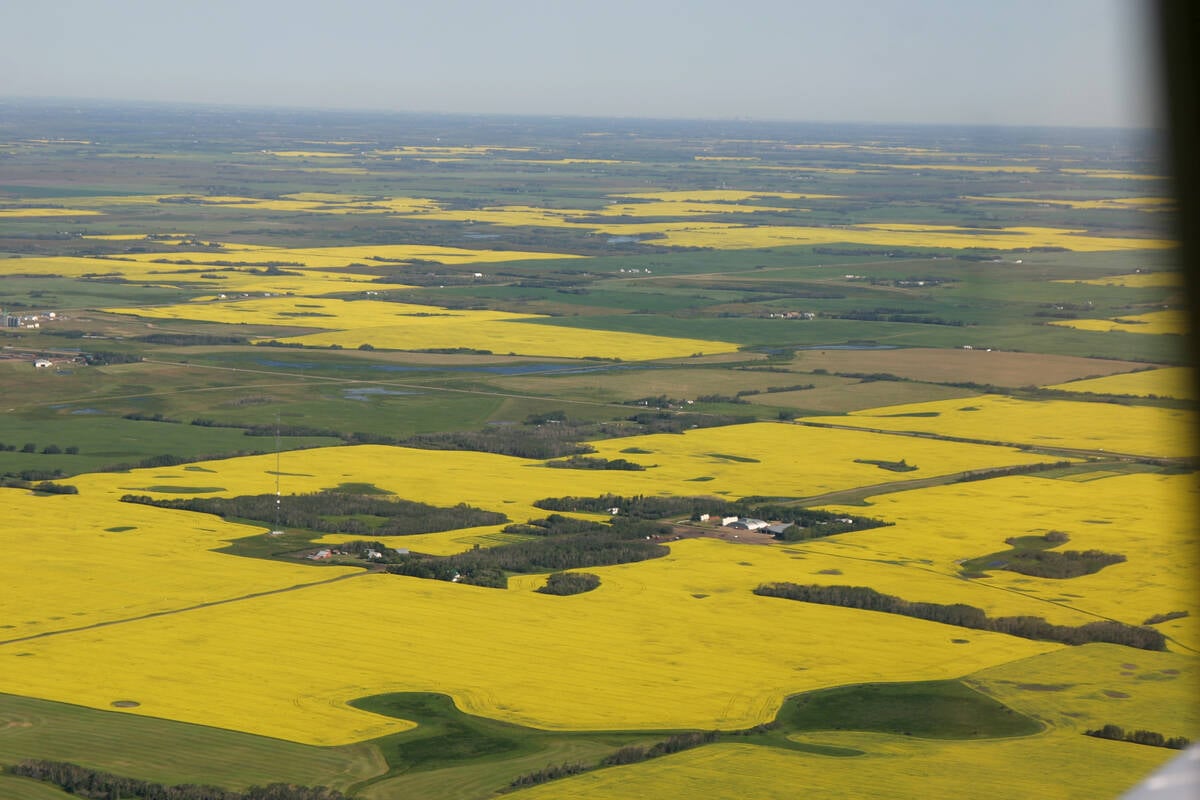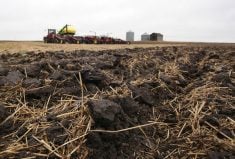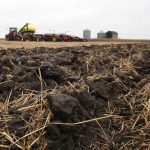As he addressed a convention of farm chemical manufacturers in Niagara Falls, Ont., CBC personality Rex Murphy warned that a way of life is disappearing on the Canadian Prairies.
He drew a parallel between the loss of the Newfoundland cod industry and the family farm, an entity that has long been considered the base of the prairie grain industry.
“It is an occupation that is tied to the rhythm of nature,” Murphy said.
“It is the nursery of our values, what we became and what we are.”
Read Also

Increasing farmland prices blamed on investors
a major tax and financial services firm says investors are driving up the value of farmland, preventing young farmers from entering the business. Robert Andjelic said that is bullshit.
Murphy is host of a national radio call-in show called Cross Country Check-up. When the program airs from Saskatchewan locations, it is dominated by hard-luck tales from the farm.
And for some farm leaders and government officials, this is part of the problem facing the sector.
“I think agriculture is basically a very strong industry but that is not its image,” said Saskatchewan assistant deputy agriculture minister Hal Cushon.
“Part of the problem is that we don’t talk about our successes enough,” Cushon said.
“It is the people asking for help who get the press coverage and capture the agenda.”
Weldon Newton, a grain and hog producer from Neepawa, Man., supports the demand for more government help but he has worries about it.
“I am concerned about the negative message that always comes out of grains and oilseeds,” said Newton, vice-president of Keystone Agricultural Producers.
“How can we make it more positive so young people coming out of school find it an appealing place to come back to?”
For industry leaders, that is the rub.
The constant flow of bad news frightens investors and discourages young people from entering the business.
Jill Spelliscy, head of the University of Regina school of journalism, understands the dilemma.
“It almost operates like propaganda,” she said.
“If everything you read is negative, where do you find hope?”
Spelliscy notes that reporters are drawn to dramatic stories. But in many cases, the people who read newspapers or watch television newscasts are tried of hearing about the victims of agriculture.
Part of the problem is that journalism has become episodic and lacks the resources and will to investigate the sector, provide historical background and put the hard luck stories in context, she said.
“Journalism reflects a society that has diminished the place of agriculture and the family farm.”
“Everything these days seems inevitable and there are few attempts to find optimism or alternatives.”
Lavern Affleck agrees with Spelliscy’s diagnosis of agriculture.
He and his brother Sheldon left their 4,500 acre farm at Rocanville, Sask., to concentrate on creating Crown Ag International Inc., a Regina chickpea processing plant.
He said farmers are hurting the image of their industry by refusing to talk about their successes.
“We have a bad habit of always talking about what has gone wrong but not when things go right.
“To talk about the good seems like bragging but that gives the industry a bad name. I know people who have done very well but you never hear about it. I think that does the industry a disservice.”















